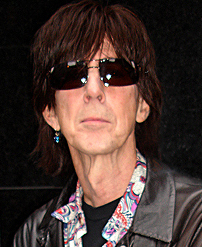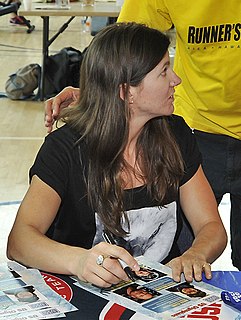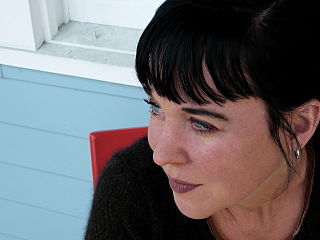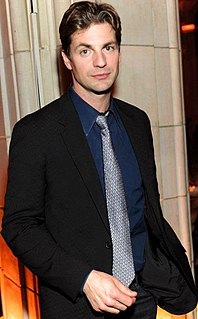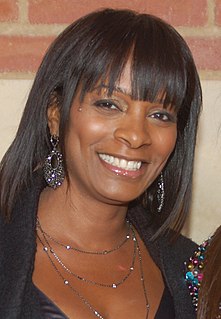A Quote by Lucy Dacus
Whenever I'm trying to understand people that I don't understand, or things in people or even in myself, I'll say, 'When did this negativity get here?' I try to think back to how I was raised to deal with things, and then consider how the person that I'm dealing with grew up.
Related Quotes
We can use the romantic relationship as a microcosmic example. Until you really understand the other person and where they're coming from and you understand yourself and how you contribute to things, you can never make that relationship better. And I think sometimes people don't understand how much these things are related.
I think I understand what bands want, just from having made records myself. I understand what it takes to get a good vocal sound, or to make people comfortable in the studio. From minor things like their headphone mix - and if a singer's singing, how they should hear themselves - to how to make people feel that they're getting exactly what they want. All those things, I think, are an advantage, especially the part about having done it myself. I'm not just an engineer who records the sounds well. I'm not afraid to take chances.
I've done and said a lot of things when I was younger that I don't know if I even understood what I was doing or why I was doing it. There's a lot of compassion in understanding what people go through and even in trying to understand why a person would act the way they do. I was a very reactive person, and I did things that were just really bizarre; I don't think people understood it at all.
Some of my fans don't really like it when I respond to people who say things that are trying to be hurtful on social media. But I think it's kind of funny. There's a lot of things that make me laugh, that people would try and say those things. I mean, there's some that I can't even retweet or respond to just because of how bad it is.
2006 Games -by then, my identity had started to shift. Before that, my identity was in snowboarding. That's how people knew me and that's how I knew myself. That's where I got a lot of my self worth. That began to shift and I started to understand that I didn't get my worth from people or from the things that I did. It was from Christ. If I hadn't had that shift in my life, I think my world would have come crumbling down.
I mean, let's face it, it's 2000 and people are beginning to wake up on some level. I think that, as I was saying earlier, there's just no denying the impact that showing people the truth can have. It allows people to understand themselves, and when you understand yourself you can understand the people around you. And then you can begin to let go of all the bullshit that leads into things like world wars, racism, stereotypes, and bigotry.
I think people are drawn to characters that break the rules. I think there is something about a good person doing bad things for what they consider to be a good reason. Then the battle is on to almost prove to the audience that it's justified. How far can you go with that? How far can that character go before people won't accept it? Trying to walk to edge of that line is a challenge.
One thing I've learned in my career is that you don't have to answer people right away. I've learned how to say, "Can I get back to you about that?" Now I've given myself time to really assess what you asked me to do or what the situation is, think about it, then come up with a plan. Then by doing that, when I come back to you, it's not what I say it's how I say it.
I try to be careful and put things in perspective. There are people who have challenging lives and work hard physically and mentally. I consider myself a lucky person because I get to go on stage and tell jokes for an hour. If I miss a connection here and there or my room isn't ready now and then? It's not a big deal.
I hope what I do when I draw from other people's lives is pay tribute. To try to understand what it means in our society to be silenced. To try to understand how class and gender intersect with that. To try to understand how being named and classified within the context of psychiatry can intersect with all that, as well.


